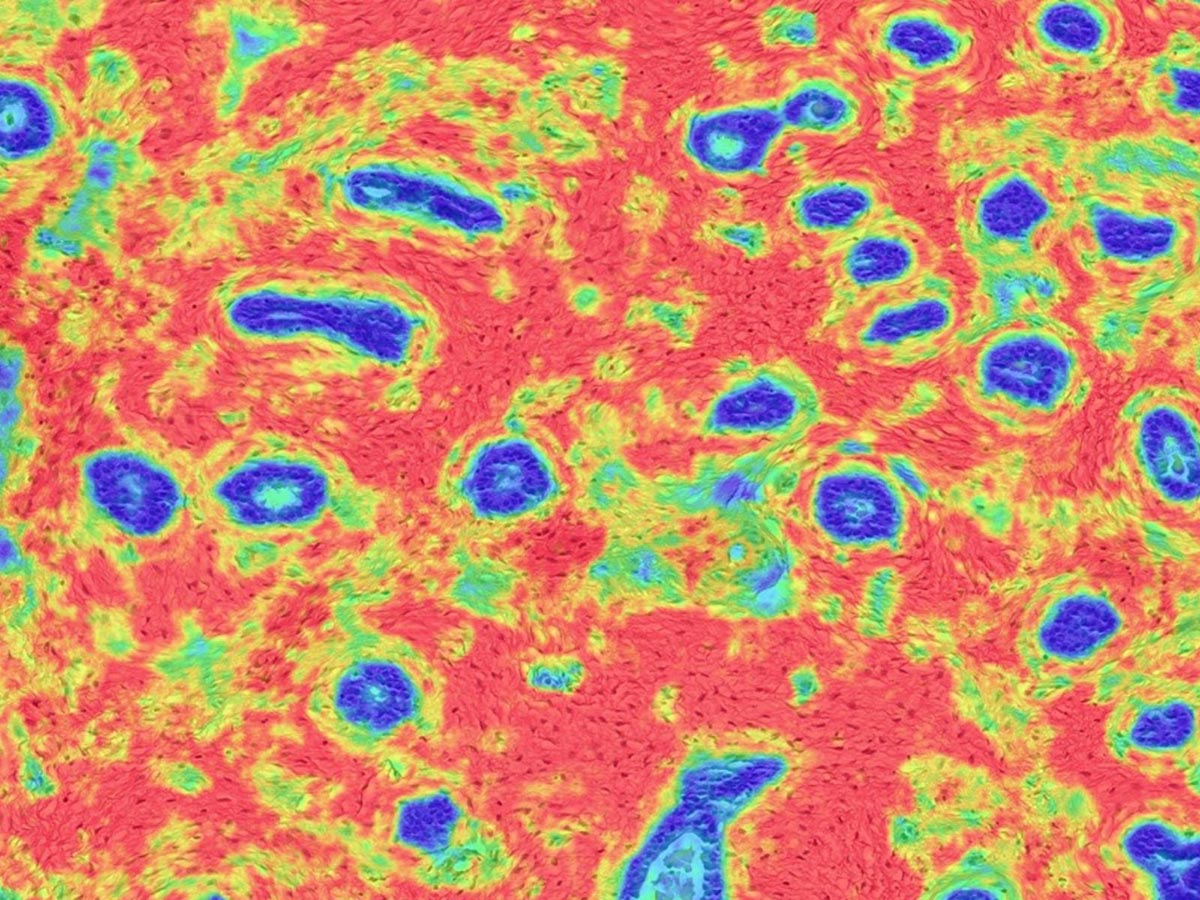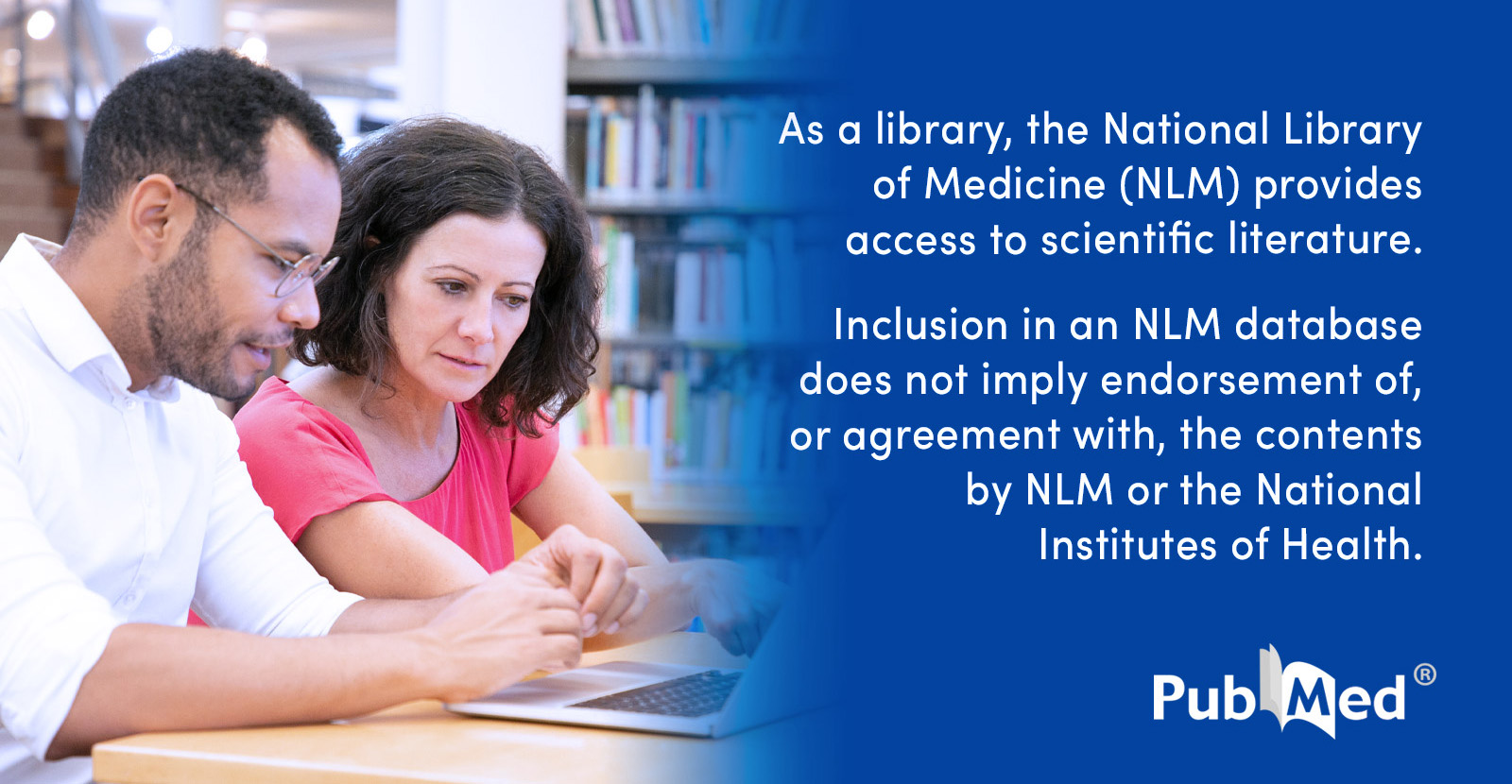JAMA Netw Open. 2025 May 1;8(5):e2513812. doi: 10.1001/jamanetworkopen.2025.13812.
ABSTRACT
IMPORTANCE: The effect of antihypertensive administration time on major adverse cardiovascular events is unclear, and has never been studied in frail older adults, for whom risks and benefits may differ from the general population.
OBJECTIVE: To determine, in frail seniors, the effect of bedtime vs morning administration of antihypertensive medications on major cardiovascular events and death, as well as on potentially ischemic or hypotensive adverse events.
DESIGN, SETTING, AND PARTICIPANTS: This multicenter, open-label, pragmatic randomized clinical trial recruited from 13 continuing care facilities in Canada (17 wards; 14 long-term care and 3 supportive-living wards) from May 25, 2020, to September 18, 2023, with follow-up until February 29, 2024. Residents with hypertension and at least 1 once-daily antihypertensive medication were included. Data analysis was from March to August 2024.
INTERVENTIONS: Patients were randomized 1:1 to taking all once-daily antihypertensive medications either at bedtime (intervention) or per usual care control (largely morning use).
MAIN OUTCOMES AND MEASURES: The composite primary outcome was first occurrence of all-cause death or either hospitalization or emergency department (ED) visit for stroke, acute coronary syndrome, or heart failure. All-cause unplanned hospitalization or ED visits, falls and fractures, decubitus ulcers, and worsening cognition or behavioral problems were also assessed.
RESULTS: A total of 776 older adults (median [IQR] age, 88 [81-92] years; 562 female [72.4%]; 664 [85.6%] with some degree of dementia; 367 [47.3%] with diabetes; 307 [39.6%] with coronary artery disease) were randomized to bedtime (394 participants) vs usual care (382 participants) administration and were followed-up for a median (IQR) of 415 (251-735) days. Of 320 primary outcome events, 293 (91.6%) were deaths; there was no difference in primary outcomes for bedtime vs usual care in a modified intention-to-treat analysis (29.4 vs 31.5 events per 100 patient-years; adjusted hazard ratio [aHR], 0.88; 95% CI, 0.71-1.11; P = .28). Other outcomes were similarly no different between groups, excepting all-cause unplanned hospitalization and ED visits, which favored bedtime (22.6 vs 30.0 events per 100 patient-years; aHR, 0.74; 95% CI, 0.57-0.96; P = .02).
CONCLUSIONS AND RELEVANCE: In this randomized clinical trial of antihypertensive medication timing, switching antihypertensives to bedtime failed to reduce a composite of death or major cardiovascular events that were primarily all-cause death, and had no effect on potentially ischemic and hypotensive adverse events, suggesting that in a population of frail older adults, administration time had little or no influence on the benefits and risks of antihypertensive medication.
TRIAL REGISTRATION: ClinicalTrials.gov Identifier: NCT04054648.
PMID:40354050 | DOI:10.1001/jamanetworkopen.2025.13812
Authors: Scott R Garrison, Erik R E Youngson, Danielle A Perry, Farah N Campbell, Christina S Korownyk, Lee A Green, Michael R Kolber, Jessica E M Kirkwood, G Michael Allan, Roni Y Kraut, Finlay A McAlister, Michael D Hill, Jeffrey A Bakal
Published: 2025-05-12 10:00:00
Read the full article: View on PubMed








